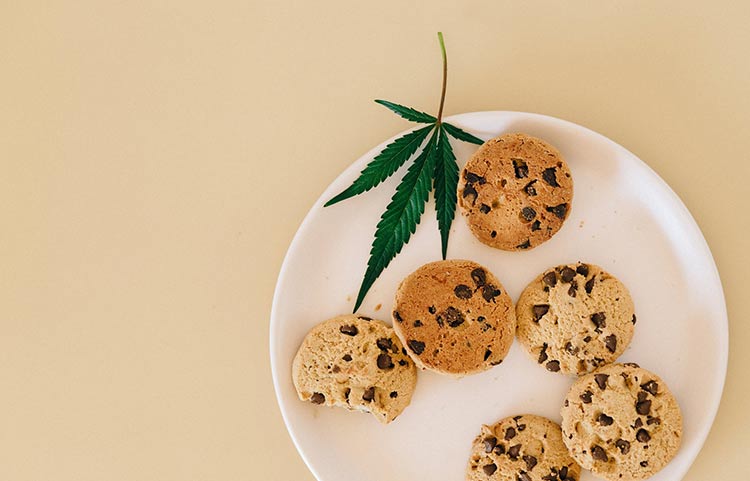Table of Contents
Last Updated on December 5, 2023 by Team Spinfuel
The popularity of cannabis in its many forms is rising across the country. Growing societal acceptance and improved legal status make these products more accessible and diverse. Delta-8 is a recent addition to this range. Tinctures with the compound are said to have a plethora of therapeutic benefits. So, can you trust the hype?
As this is a new cannabinoid, it is one of the least studied products. If you are curious about Delta-8 tincture oils, learn about their health effects and recommended use. This product is incredibly versatile.
What is Delta-8 THC?
One of the most common forms of THC is Delta-9. It is found in most cannabis products on the market. The new chemical has a similar molecular structure (the new compound has a double bond on the 8th carbon chain instead of the 9th), which explains some of the same benefits and effects. At the same time, there are important distinctions.
How It Works
The psychoactive properties of the cannabinoid in its many forms, such as Delta-8 oil, are similar to the predecessor, but the potency is lower. This may be a benefit or a drawback depending on your needs. The high caused by the new version is milder, so you can still have a clear mind. At the same time, the uplifting properties are impressive. Users experience happiness and euphoria.
When the chemical enters your body, it interacts with its endocannabinoid system, which is formed by receptors. It binds to them, causing author stimulation. As a result, you experience the effects of Delta-8, just like Delta-9. The difference is that the former is less stimulating, and it interacts with the CB2 receptor. This brings additional health benefits, such as the suggested relieving of pain in patients with irritable bowel syndrome (IBS).
What is Delta-8 Tincture Oil?
A tincture is produced by soaking the cannabis plant in vinegar or alcohol. This draws the active compounds out of the plant into the liquid. This concept is nothing you — humans have been using such liquid extracts for thousands of years.
The biggest difficulty with producing Delta-8 tinctures is that the plants (marijuana or hemp) contain very little of the coveted chemical. This makes extraction costly and time-consuming, so some producers convert Delta-9 or CBD to Delta-8 instead. A Delta-8 tincture oil may be defined as a liquid infused with Delta-8 THC.
Benefits of Delta-8 Tincture Oils
Delta-8 THC is milder, so the euphoria you experience is less intense. People who dislike the intense high of cannabis regard this as an ideal solution. The oils can relieve pain, and they have a calming effect on the mind. Unlike CBD, they do produce cognitive feedback in the brain, so you know they are working.
Users suffering from gastrointestinal issues like IBS have reported a soothing effect. Delta-8 relieves some inflammation, helping people manage chronic pain. There are quite a few other benefits, according to the available reports (research is limited at the moment):
- neuroprotective properties,
- prevention of tumor growth,
- boosting and management of appetite,
- prevention of vomiting during cancer treatment,
What Are the Possible Side Effects?
Generally, the side effects of Delta-8 are very mild in comparison with Delta-9. The key is to know the right dose. With oils, managing the dosage is easier than with edibles.
If you are new to the chemical, limit your consumption to 5-15 mg. If you do not feel the effects, try increasing the dose next time. Gradually, you may be able to consume 15 mg. Advanced Delta-8 users can take as much as 100 mg. Be careful to stay within your limits.
Rarely, those who consume too much Delta-8 experience nausea, diarrhea, paranoia, anxiety, or confusion. Overdosing is also linked to temporary memory loss, clouded thinking, and increased thirst. Consult with your doctor before adding the new product to your diet, and enjoy Delta-8 safely.
How to Use Delta-8 Tincture Oils: A Few Ideas
Tincture oils may be used in a wide variety of ways. You can add them to regular foods or beverages, consume sublingually (under the tongue), or add to edibles. In any case, the dose must be carefully calculated.
Oral and topical consumption is also possible. Instead of placing a few drops under the tongue, you can swallow them immediately. In this case, the effects will be a little delayed. If you apply the oil on a certain area, the facts will concentrate on it, so you will not experience a full-body high.










